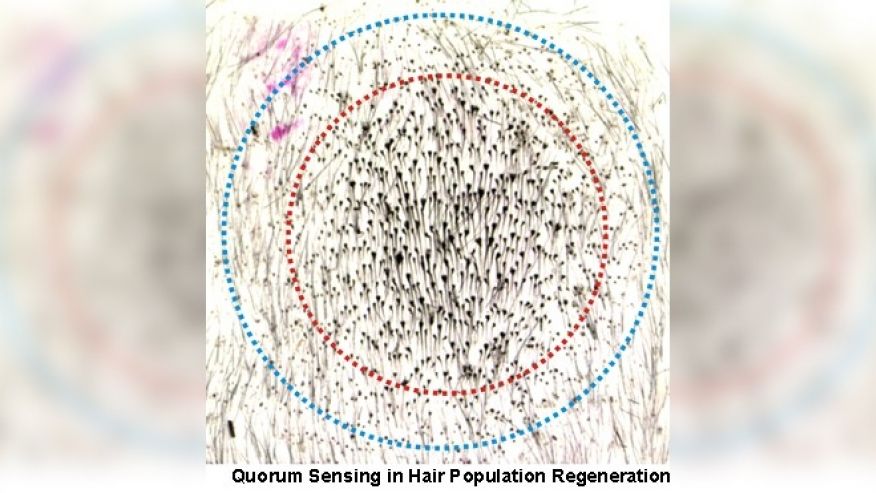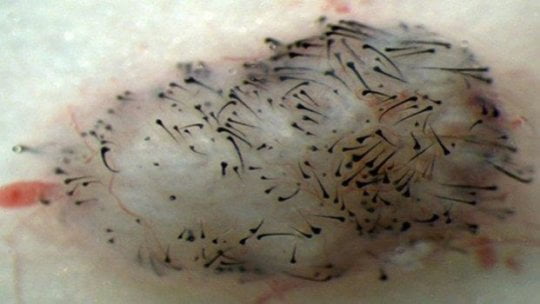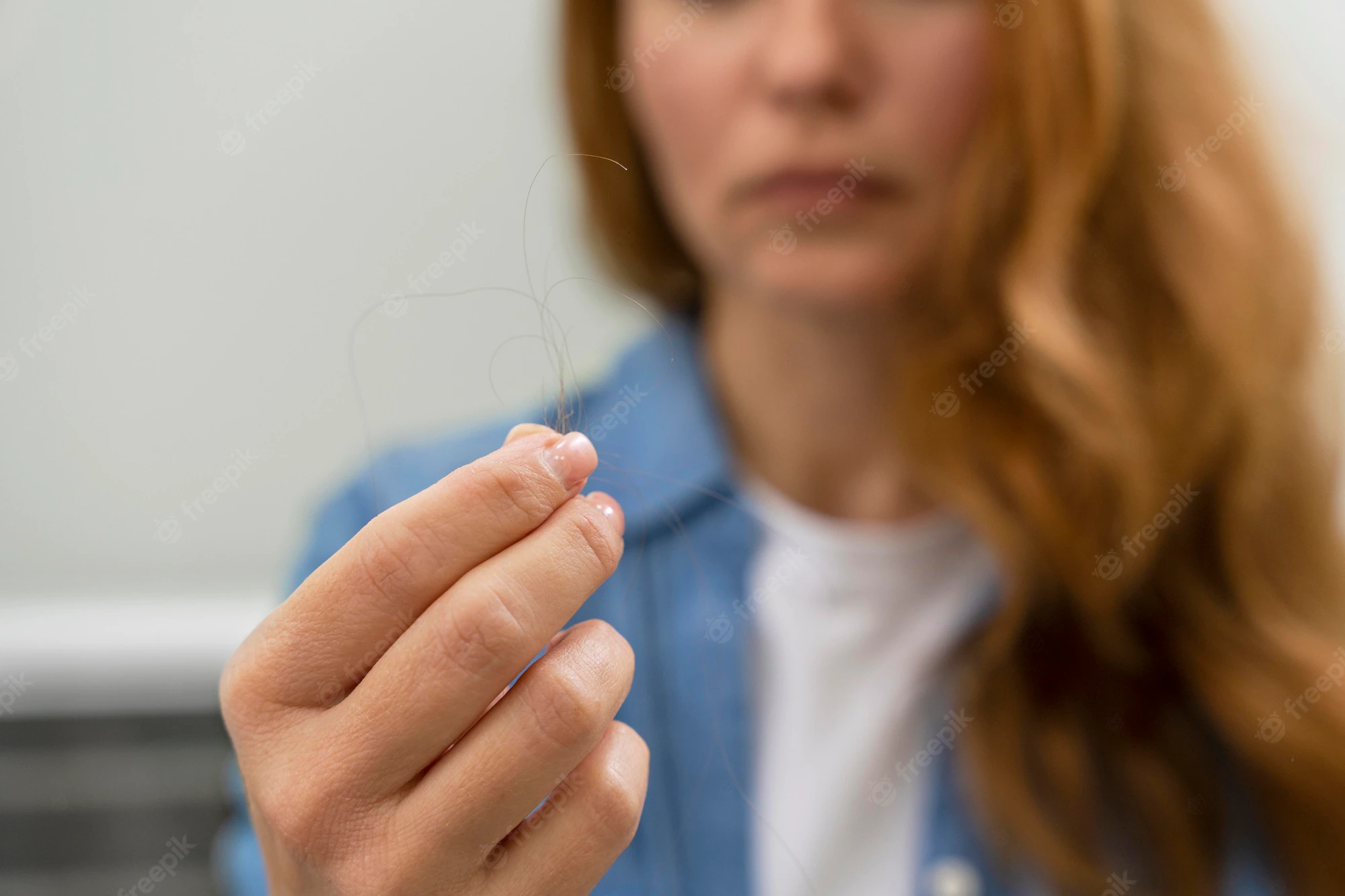
No matter how much we moisturise, it seems that dry, cracked and painful skinis inescapable when it’s cold outside – with up to 24% of the population seeking medical advice for such problems each year.
Whether you’re suffering with a long-term condition such as eczema or simply experiencing a weather-induced flare-up, consultant dermatologist Dr Anthony Bewley offers his advice on how best to manage your skin.
1. Create a positive skin barrier
Protecting your skin with a good defence barrier is one of the first and most important steps to managing eczema, however can often be forgotten as we focus on soothing the skin. Ensuring your skin has a good barrier is the best preventative measure, as it will protect it against irritants that may cause a flare up.
“Skin barrier function is essential for normal functioning of the skin and for preventing dry eczematous skin. Complete emollient therapy is a way to try to maintain skin barrier function as best as possible. Complete emollient therapy involves using (a) a soap substitute, (b) an emollient in the bath or the shower and (c) an emollient/humectants directly on the skin.”
Specialist brands such as Cetraben produce a range of emollient products to help manage dry and eczema-prone skin.
2. Use an ointment
Often people who suffer with dry, problematic or eczema prone skin, will regularly apply emollients or moisturisers. Whilst this can help, Dr Bewley recommends that to treat flare-ups, something with an anti-inflammatory should also be used.
“Whilst emollients are used as the very basic management of the eczema to maintain skin function, an ointment containing an anti-inflammatory is used for inflammatory changes found in the skin. Anti-inflammatories are often topical steroids or other anti-inflammatories. Dermatologists tend to prefer ointments when prescribing anti-inflammatories as cream can sometimes contain preservatives, which can be irritating for patients with eczema.”
3. Avoid fragranced products
From hand soap to moisturiser to perfumes, scented products can be difficult to avoid, and it can be so tempting to treat yourself to indulgent products that smell as good as they feel. However, fragrances may irritate the skin and should be avoided when experiencing a flare up. Dr Bewley says:
“Fragrances are a mixture of different chemicals, some of which are quite irritating for people who develop eczema. Some people will even be frankly allergic to fragrances therefore it is always worth where possible avoiding fragranced products. In some cases, perfume can act as an irritant for eczema sufferers and as the wrist is a common place for perfume to be sprayed, this can cause eczema flare-ups in the wrist area.”
4. Get a good night’s sleep
We all know that getting a good night’s sleep is important for your health and we’re all taught from a young age to get our beauty sleep. The old adage remains true as a good night’s sleep and relaxation can help your skin repair and restore as Dr Bewley explains:
“While you sleep, the skin is regenerating and repairing damage, more so than when you are awake. Of course, the repair happens whilst you are awake but it happens much more comprehensively and more quickly whilst you are asleep. Practicing mindfulness, meditation or relaxation techniques can really help with stress, and so have benefits in the control of eczema. However, I always advise patients to seek the help of a doctor if all the above advice is not enough to get the eczema under control.”
5. Seek holistic advice
Whilst complete emollient therapy can help soothe your skin, sometimes you need a little more than the right products for better skin. Seeking holistic advice and support from others on a regular basis can help keep your skincare regime on track and good habits in check. Dr Bewley says:
“It’s really well recognised that living with a skin disease has a massive impact on day to day life. We also know that small amounts of skin disease does not necessarily mean a small impact on day to day living. Even small amounts of disease can really affect an individual’s self-esteem and confidence. Don’t suffer in silence, seek help. There is lots of advice and treatment out there. From GPs, from Dermatologists and from patient support groups like Changing Faces and the national eczema society and the vitiligo society.”
[“source=netdoctor”]























